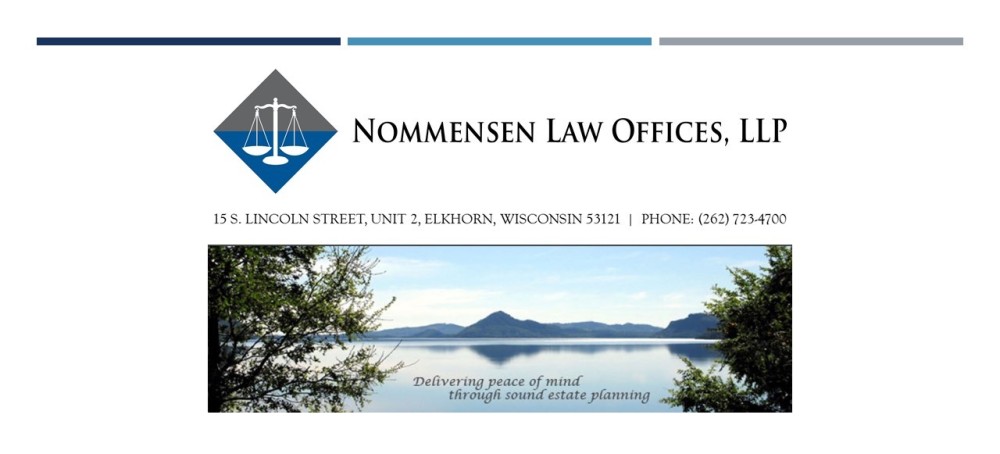Guardianships
The guardianship process usually begins when family or friends become concerned about an individual’s welfare. Perhaps this individual suffers from infirmities of aging or a mental illness, and is incapable of managing his or her own finances or caring for him or herself. In a circumstance such as this, it may be necessary to have a “Guardian” appointed by the Court to serve as a substitute decision-maker for the incompetent person (the “ward”).
There are two types of guardians: Guardian of the Person, and a Guardian of the Estate. A Guardian of the Person makes personal decisions for the ward, such as providing informed consent for health care, and deciding where the ward will live. A Guardian of the Estate manages the ward’s money and property (collects income, pays bills, manages assets, etc.). Often, the same person is appointed to serve as both Guardian of the Person and Guardian of the Estate. A good choice for a Guardian would be someone who is concerned with the welfare of the ward, and is able to visit the ward often.
A guardianship is a very serious step, because it takes basic decision-making power away from one individual (the ward) and transfers it to another person (the Guardian). Strict procedures must be followed, and many forms filed with the Court. Let our attorneys guide you through the guardianship process.
At Nommensen Law Offices, we are experienced in the area of Guardianships. If you are concerned about an individual whom you believe needs a Guardian or Protective Placement, contact our office today.
